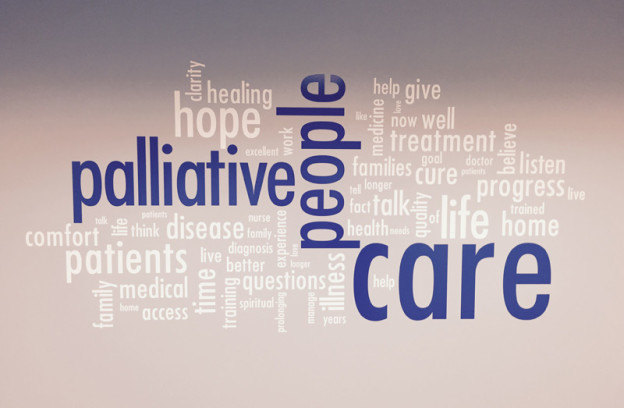Palliative Care focuses on improving a person’s quality of life throughout the course of serious illness, or after a life-changing injury. Patients often receive palliative care along with other medical treatments – such as intensive care, cardiac or cancer care – as an extra layer of support that is based on your needs, not your diagnosis or prognosis.
Palliative care can begin whenever you and your health care provider feel it can help. For many patients, this happens shortly after the diagnosis of a serious condition.
(From DHMC, 2013)




